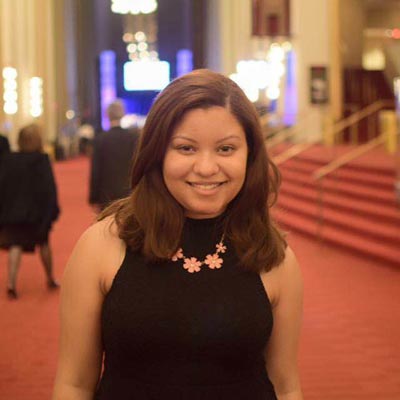
What you can do to improve public health
If you’re reading this, you’re probably one of my fellow classmates at SCU. Thank you for enriching my four years at Santa Clara and pushing me to reach further. In return, I would like to leave you with a few words about something I have had the privilege of studying and exploring during my time here: public health. Before you stop reading and think that this is simply another post about how you’re not doing your civic or social duty to those in need; it isn’t. Rather, this is an open letter to you all about how we can use the invaluable social justice tools we have been taught at Santa Clara to ensure a healthier, more equitable society and world. So, if you want to be a part of that, read on.
One in five women and one in 71 men will be raped at some point in their lives. If that figure seems shocking, it is––but it’s true. If that figure seems disturbing, it is––but there is something you can do about it. Most sexual assault is committed by someone the victim already knows, which means we’re not looking for some masked man, but instead we’re looking out for the coworker who looks like they might not be able to consent, or the friend who doesn’t seem quite themselves lately, and making sure that we’re there for them. Whether it’s walking home with them from a work party or asking if their relationship is okay, all it takes to start the conversation is asking if your friend or loved one is okay.
Someday, and I know I speak for many of us when I say hopefully not too soon, a majority of us will go on to have children. It might seem like a distant possibility at 22, but it is imperative that we realize the responsibility we may very well have in the near future. One of the biggest responsibilities will be both to the child and their classmates: vaccination. It is controversial and it can be scary, but what it absolutely is, is necessary. Communicable diseases don’t respect class, education, creed, or race, so we need to do everything we can to ensure that every member of society who can safely be vaccinated against a host of life-threatening diseases, is.
Lastly, I want to implore you to think bigger; to think beyond the Santa Clara bubble. Millions of Americans and billions of individuals around the world are living without access to basic healthcare and dental care. You don’t have to be a public health major to know that such a gap in equitable care is unjust. You’ve completed four years at an institution dedicated to educating future leaders who will shape the future of this world. So above all else, my fellow graduates, remember that you have what it takes to be a part of that decision-making process. Whether you’re an accounting major, or an English major, or a public health major, we each have talents which allow us contribute to that change. And I hope that you do, because the world needs you.
N'dea Moore-Petinak is a Hackworth Fellow at the Markkula Center for Applied Ethics.
